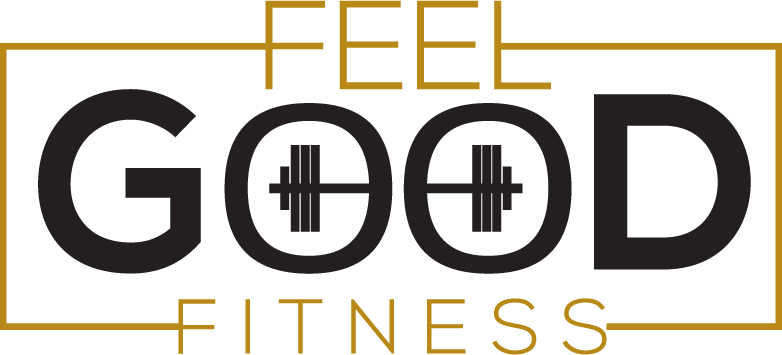
Aging Strong: The Role of Skeletal Muscle Mass, Functional Training, andBuilding Lean Muscle for Healthy Aging
Oct 10, 2024
3 min read
0
11
0

As we age, keeping our bodies strong, mobile, and functional becomes essential for maintaining our independence and preventing injury. Skeletal muscle mass plays a critical role in this process, helping to protect our joints, support balance, and improve overall mobility. At Feel Good Fitness, we emphasize functional training and strategies for building lean muscle to help clients age strong and stay active.
Why Skeletal Muscle Mass is Essential for Healthy Aging
Skeletal muscle mass is vital for overall health as it supports mobility, strength, and reduces the risk of injury. Here’s why maintaining and building muscle becomes even more important as we age:
Prevents Injuries: As muscles weaken with age, the risk of falls and injuries increases.
Strong muscles help stabilize joints and improve balance, reducing the likelihood of
injury from everyday movements.
● Reduces Risk of Chronic Disease: Maintaining muscle mass is linked to better
metabolic health, reducing the risk of chronic diseases like type 2 diabetes and
cardiovascular conditions. Increased muscle mass helps regulate blood sugar levels
and improves insulin sensitivity.
● Combats Sarcopenia: Muscle loss, known as sarcopenia, is a natural part of aging.
Without intervention, it can lead to decreased mobility and independence. Functional
training and strength exercises help combat muscle loss, allowing older adults to remain
active and self-sufficient.
5 Tips for Building and Maintaining Lean Muscle Mass as You Age
To support your skeletal muscle mass and healthy aging, here are some tips to help build and maintain lean muscle:
Prioritize Strength Training
Focus on compound exercises like squats, deadlifts, and push-ups, which engage multiple muscle groups. These functional movements are key to improving overall strength and mobility.
Aim for 6–12 repetitions per set with weights that challenge you, gradually increasing the resistance over time.
Increase Your Protein Intake
Protein is essential for muscle repair and growth. For older adults, aiming for 0.8 to 1 gram of protein per pound of body weight is ideal for supporting muscle health. Opt for lean sources such as chicken, fish, eggs, and plant-based proteins like tofu.
Try to consume 20-30 grams of protein after your workout to maximize muscle
recovery.
Eat in a Caloric Surplus
Building muscle requires energy. To ensure you’re gaining lean muscle mass, make sure you’re eating slightly more calories than you burn each day. Focus on whole, nutrient-dense foods like lean proteins, complex carbohydrates, and healthy fats to support muscle growth while avoiding excess fat gain.
Incorporate Rest and Recovery
Rest days are just as important as workout days. During rest, your muscles repair and grow stronger. Aim for 7-9 hours of sleep per night to support recovery, and incorporate active recovery activities like stretching or walking on rest days.
Stay Consistent
Building and maintaining muscle requires consistency. Stick to your routine, track your progress, and make adjustments as needed. Over time, you’ll see significant improvements in both your muscle mass and overall functional ability.
Track Your Progress with the InBody Test
At Feel Good Fitness, we offer the InBody test to help you assess your skeletal muscle mass and overall body composition. This quick, non-invasive test provides a detailed look at your muscle-to-fat ratio, helping you and your trainer track progress and adjust your training program to ensure you’re maintaining muscle as you age.
Take the Next Step in Your Wellness Journey
At Feel Good Fitness, we are committed to helping you maintain strength, mobility, and
independence as you age. Understanding your skeletal muscle mass is key to ensuring your training program is designed for long-term health and injury prevention.
We invite you to schedule an InBody test with Coach Sabrina to assess your muscle mass and see how your routine is supporting your goals. This valuable insight allows us to refine your training approach, ensuring you stay active and strong for years to come.
If you're already making progress, consider a personal consultation with Coach Sabrina to ensure your workouts and recovery are aligned with your long-term fitness plan.




